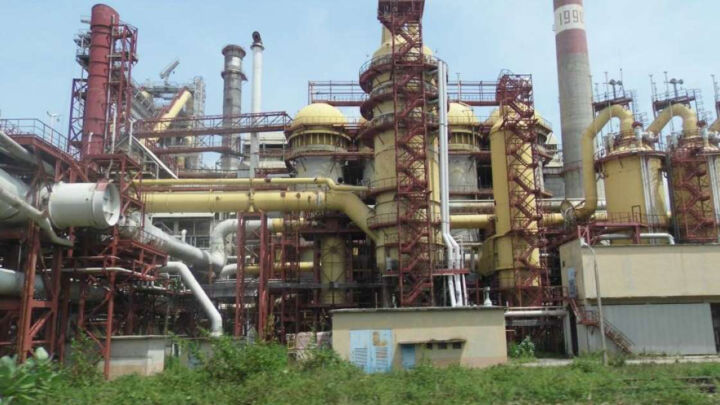The Centre for the Promotion of Private Enterprises (CPPE) has established that the Russian invasion of Ukraine has serious repercussion for the Nigerian economy, especially if it becomes protracted.

According to CPPE Chief Executive Officer, Dr Muda Yusuf, the conflict may cause a major setback to the bilateral ties between Nigeria and the United States because of the torrent of sanctions against Russia.
There have been concerns over the continued spending on idle assets as data from yearly appropriation bill from the Budget Office showed that the Federal Government allocated N20.4bn to Ajaokuta Steel Company Limited from 2016 to 2021 despite the company’s idleness.
Russia’s Tyazpromoexport built the plant, which was incorporated in 1979. The steel mill reached 98 per cent completion in 1994, with 40 of its 43 plants having been built before it got stuck, with the remaining two per cent for external infrastructure like waterways and viable ports.
Despite the regular budget, the steel company is yet to commence full operations in over 42 years, with the government making failed attempts at privatisation and concession.
Yusuf said the crisis would lead to escalation of energy prices (diesel, aviation fuel, kerosene and gas), mounting petrol import and subsidy bill and the aggravation of petrol smuggling, which would negatively impact the Nigerian economy.
He added that there were also significant macroeconomic outcomes, which included heightened fiscal deficit, growing debt levels, spike in debt service payments and money supply growth.
Others, he said, were depreciation of the local currency and more intense inflationary pressures.
“Additionally, the cost of flour, price of bread and other confectioneries may also take a hit. The summary is that if the conflict is protracted, these would be the downside risks to the Nigerian economy,” he said.
“Ukraine and Russia are major producers of wheat and they account for about 30 per cent of the global wheat export used for bread and some other confectioneries.
“Therefore, the current development is going to disrupt the supply of wheat in the global market.
“There is, therefore, a risk of a hike in the cost of wheat which will affect the price of flour and a knock-on effect on the price of bread and other confectioneries.
“Nigeria also imports a substantial amount of wheat which would also suffer some disruption and impact on prices,” he said.
On the global economy, the CPPE Boss said because of the strategic role of Russia in the global oil and energy market, energy cost would increase globally and further worsen the challenge of inflation.
The CPPE Boss noted that with Russia as the second largest producer of oil globally, with an output of 10 million barrels daily, the conflict in the region would disrupt oil supplies, reduce output and trigger higher prices.
Support InfoStride News' Credible Journalism: Only credible journalism can guarantee a fair, accountable and transparent society, including democracy and government. It involves a lot of efforts and money. We need your support. Click here to Donate
